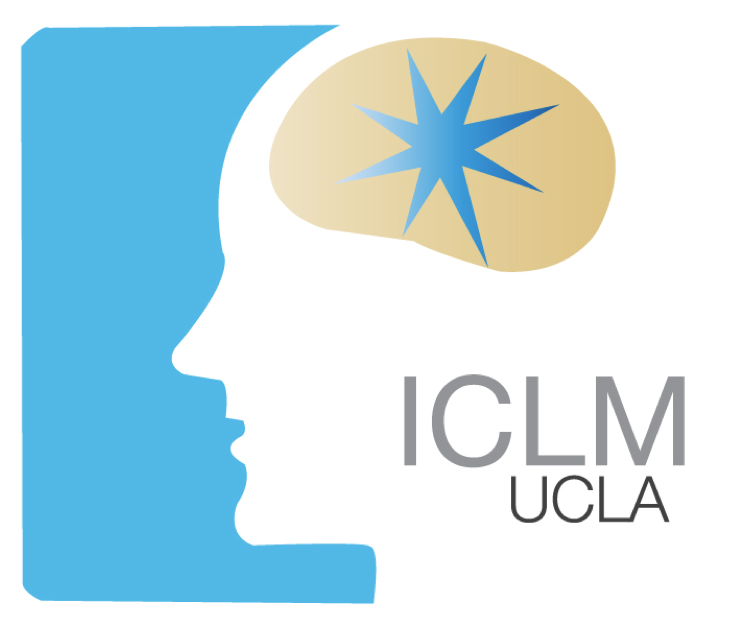
Christopher Colwell
Disruptions in the circadian system are commonly associated with aging and disease in humans. These circadian disruptions have a major impact on the quality of life of people throughout the world. In previous work, The Colwell lab has focused in understanding the microcircuit in the hypothalamus that controls circadian behavior. They found that the neural activity in the central clock in the suprachiasmatic nucleus (SCN) is disrupted by middle age in mice while the molecular clockwork in the SCN is unaltered. They made similar observations in mouse models of Huntington’s and Parkinson’s disease. The sleep and circadian dysfunction is among the first of the detectable symptoms in these mouse models. The weakening output from the SCN would be expected to alter the timing of circadian clocks throughout the body. The Colwell lab over-arching hypothesis is that a decline in SCN neural activity rhythms leads to changes in the synchrony and coordination of circadian clocks found throughout the body. They speculate that circadian misalignment leads to a set of symptoms including cognitive, affective, metabolic, and cardiovascular dysfunction. Ongoing work has been exploring if it is possible to leverage the understanding of circadian biology to improve the disease symptoms in mouse models of neurodevelopmental and neurodegenerative disorders.
Recent Publications
Li Q, Loh DH, Kudo T, Truong D, Derakhshesh M, Kaswan ZM, Ghiani CA, Tsoa R, Cheng Y, Sun YE, Colwell CS (2015) Circadian rhythm disruption in a mouse model of Rett syndrome. Neurobiol Dis. 77:155-64. PMID: 25779967.
Loh DH, Jami SA, Flores RE, Truong D, Ghiani CA, O'Dell TJ, Colwell CS (2015) Misaligned feeding impairs memories. Elife. 4. pii: e09460. PMID: 26652002.
Wang HB, Whittaker DS, Truong D, Mulji AK, Ghiani CA, Loh DH, Colwell CS (2017) Blue light therapy improves circadian dysfunction as well as motor symptoms in two mouse models of Huntington’s disease. Neurobiology of Sleep and Circadian Rhythms 2: 39-52.
Wang HB, Loh DH, Whittaker DS, Cutler T, Howland D, Colwell CS (2018) Time-Restricted Feeding Improves Circadian Dysfunction as well as Motor Symptoms in the Q175 Mouse Model of Huntington's Disease. eNeuro. 5(1). pii: ENEURO.0431-17.2017. doi: 10.1523/ENEURO.0431-17.2017. PMID: 29302618
 I.C. Learning & Memory
I.C. Learning & Memory